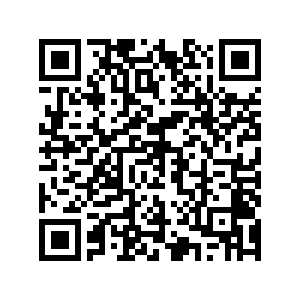NEW YORK, April 14 (Xinhua) -- A trove of leaked Pentagon documents, from late February to early March but found on social media sites in recent days, has again illustrated the broad reach of U.S. spy agencies, including into the capitals of friendly countries such as Egypt, South Korea, Ukraine and the United Arab Emirates, reported The New York Times on Thursday.
"Though the documents mainly focus on the war in Ukraine, they include CIA intelligence briefs describing conversations and plans at senior levels of government in those countries, in several cases attributed to 'signals intelligence,' or electronic eavesdropping," said the report.
"They have served to remind the world of America's talent for spying -- and the diplomatic blowups and reputational damage stemming from the leaks," it added.
"The last time a trove of leaked documents exposed U.S. spying operations around the world, the reaction from allied governments was swift and severe," noted the report.
In 2013, the documents that Edward Snowden leaked revealed that a new age of spying had begun after September 2001, said the report. It became clear that the United States, driven by fears of foreign terrorism and empowered by technological advances, had created a sophisticated network of global surveillance that was scooping up vast amounts of data from millions of emails and phone calls around the world.
In the wake of the leak, thousands of people protested in the streets in Berlin, the CIA station chief was expelled, and the German chancellor told the American president that "spying on friends is not acceptable." In Paris, the U.S. ambassador was summoned for a dressing-down. Brazil's president angrily canceled a state visit to Washington, added the report.
Polling by the Pew Research Center later found that those disclosures had harmed the United States' public image. A Pew survey of 44 countries found widespread opposition to U.S. covert surveillance, with more than 73 percent of respondents saying they opposed spying on their leaders. ■
